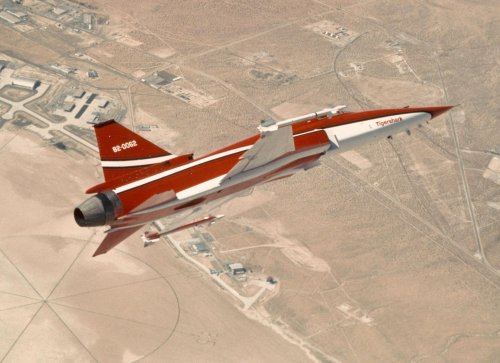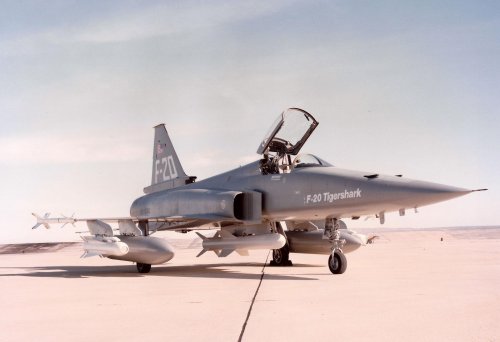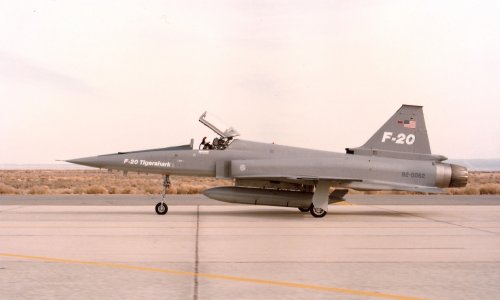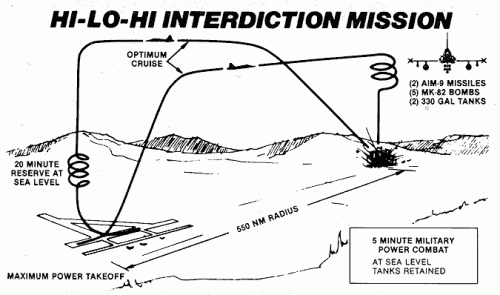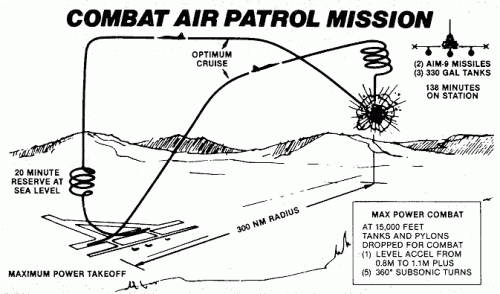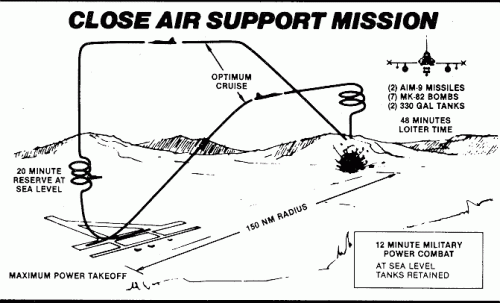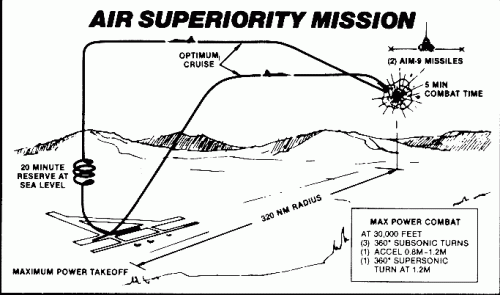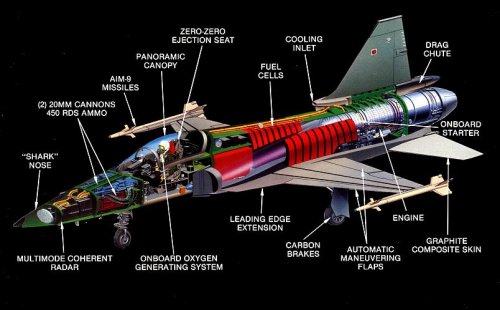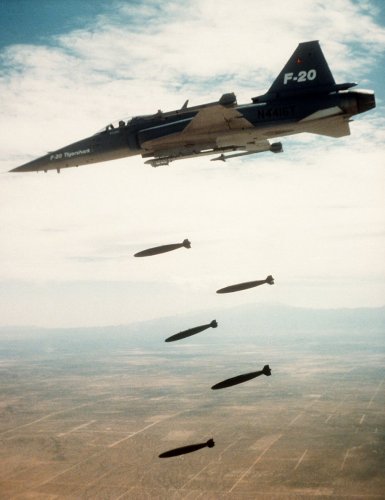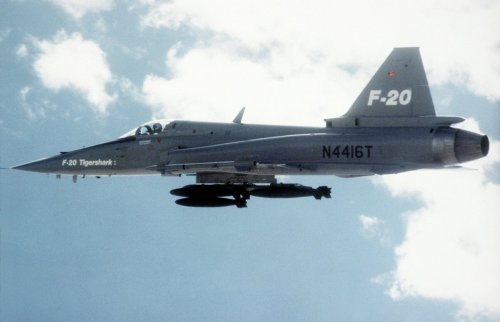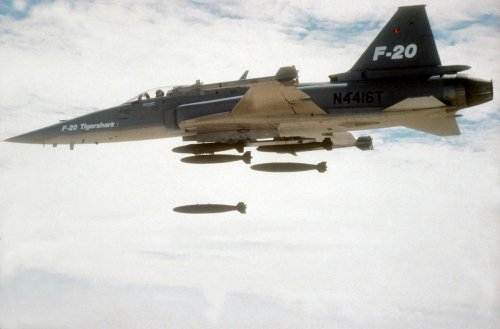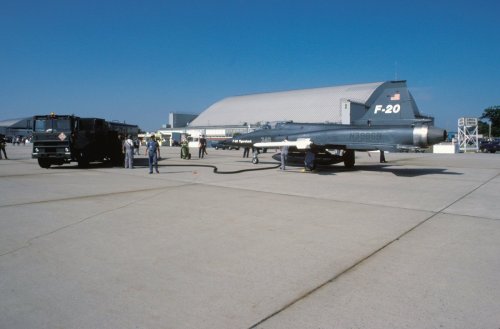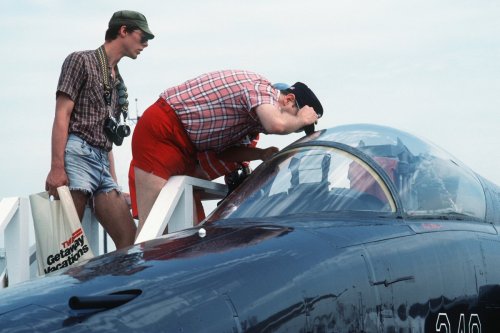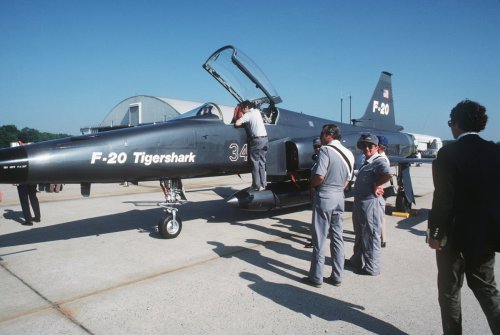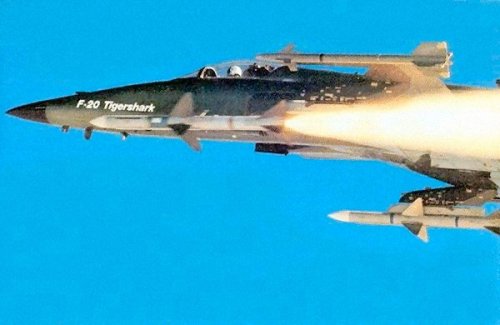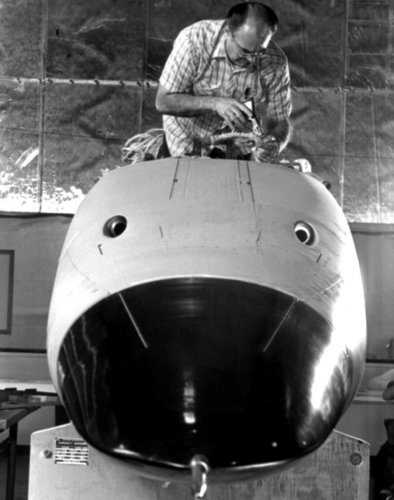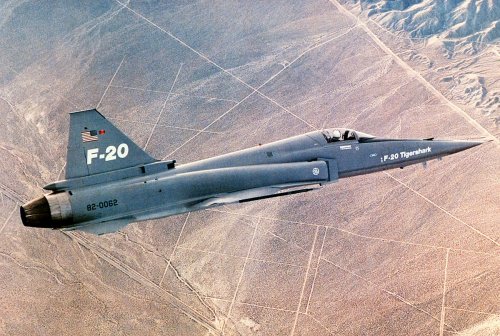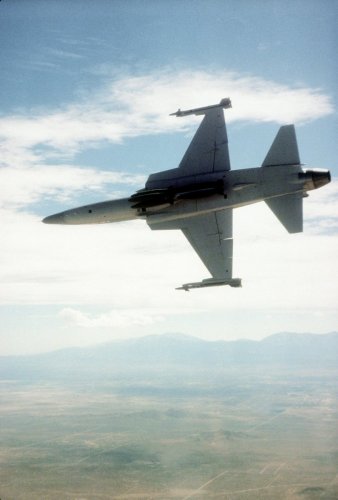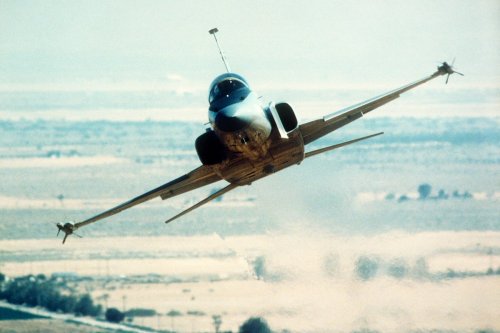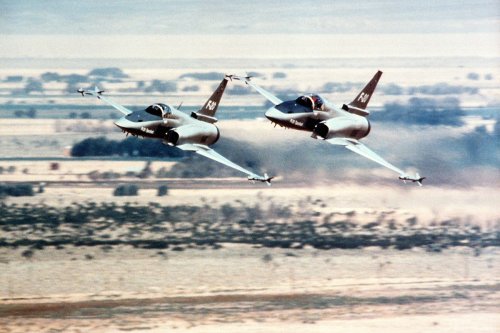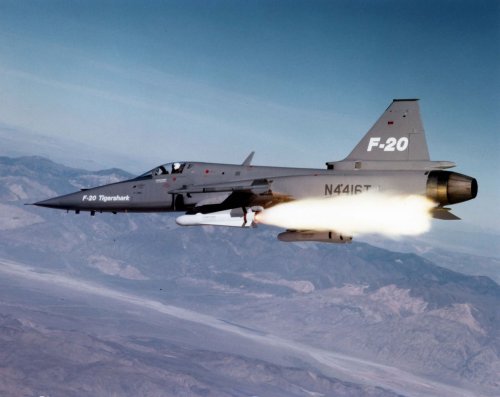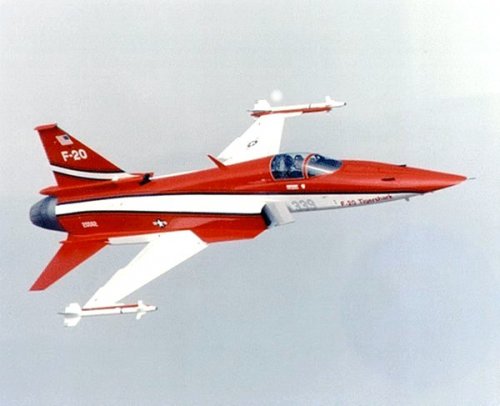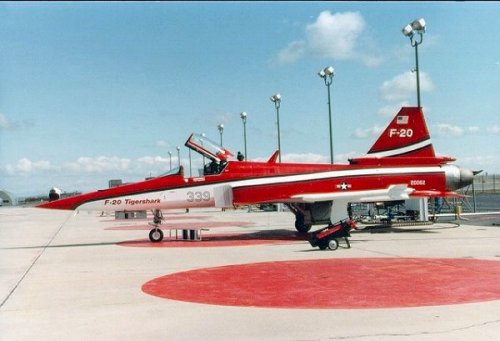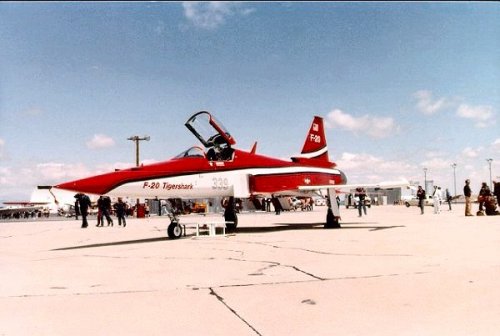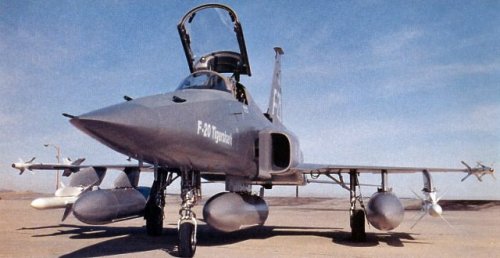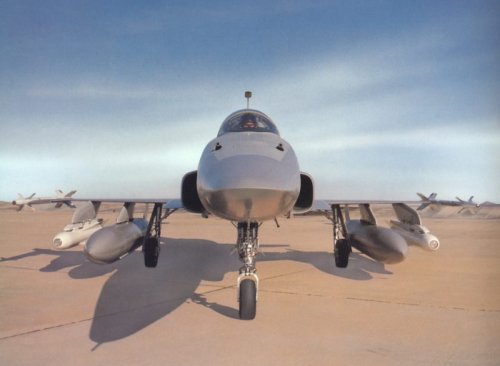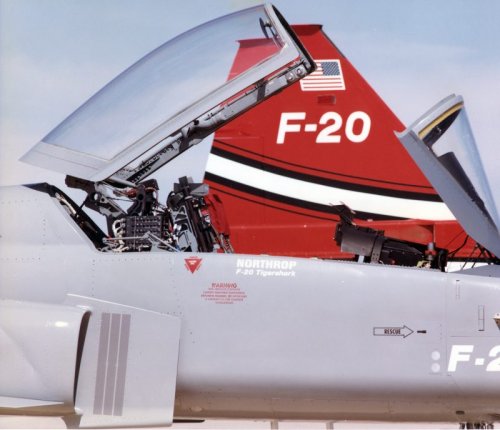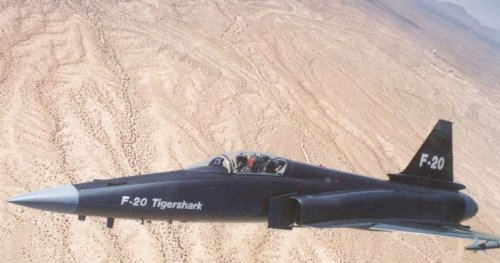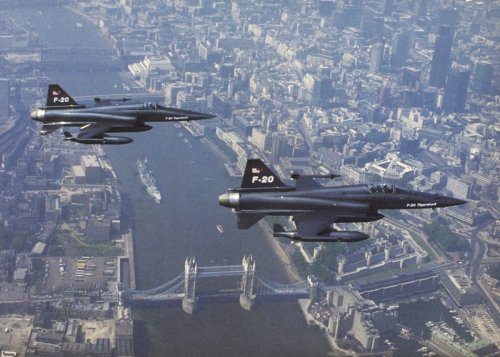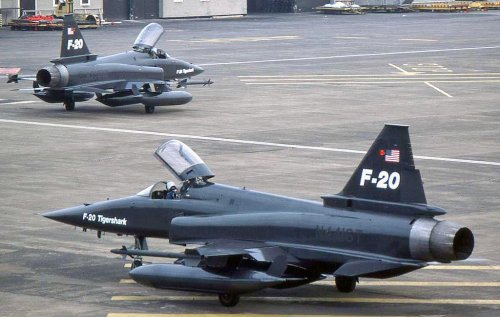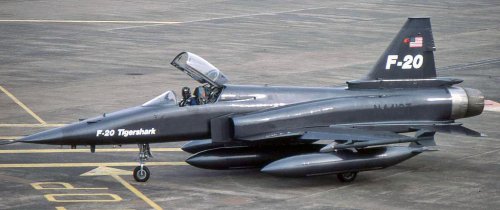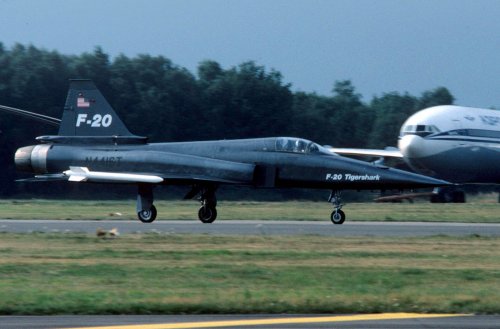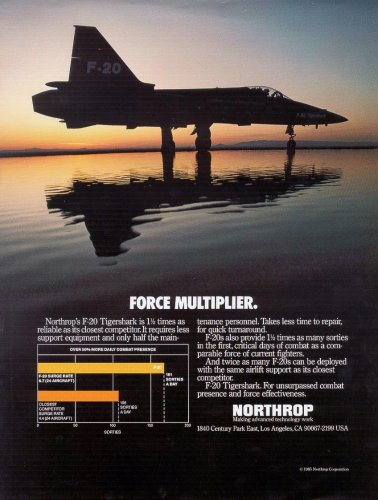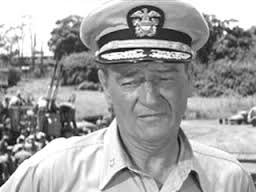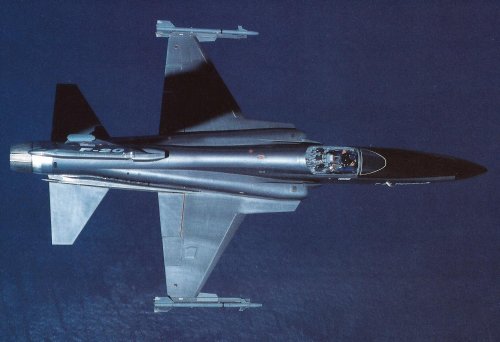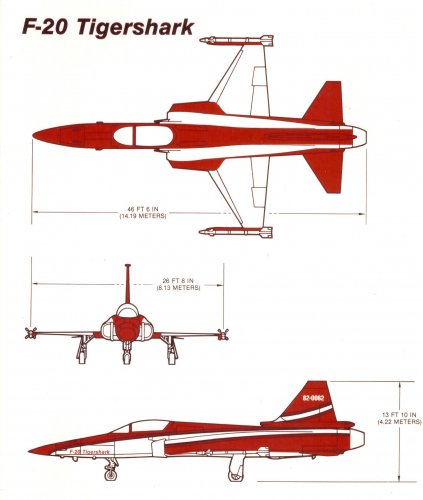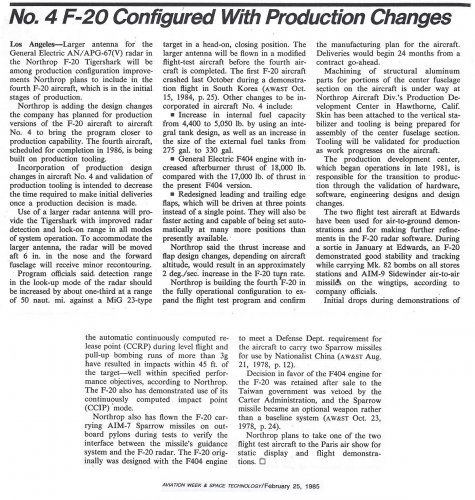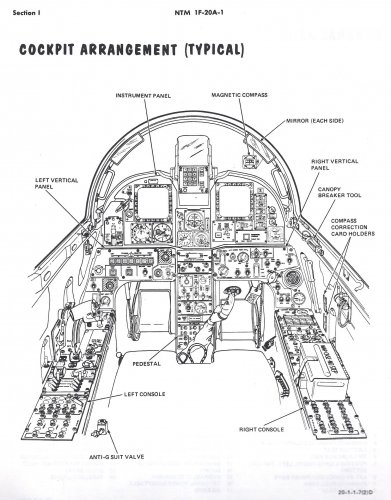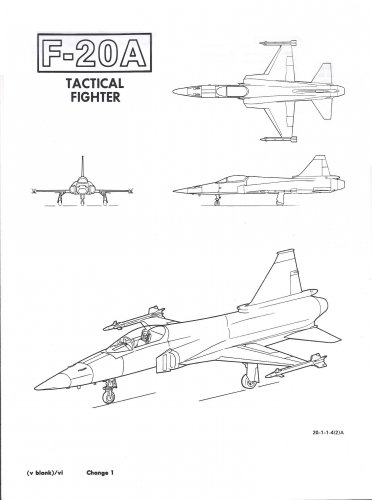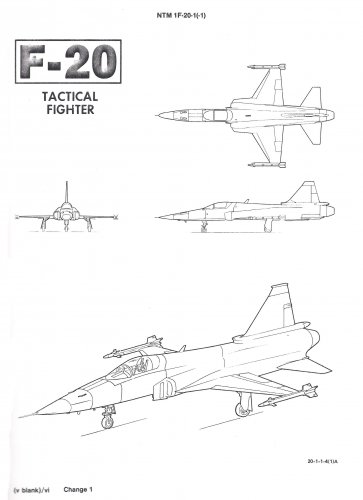Triton said:
Unfortunately, United States government export control policies prevented Taiwan from acquiring the Northrop F-5G or F-20 Tigershark. Which is especially ironic considering that the F-5G program was initiated by Taiwan's desire to have a fighter capable of firing the AIM-7 Sparrow and the United States government's desire to limit the acquisition of front-line fighters to NATO countries, Australia, and Japan. Was President Carter's veto of the sale of 160 Northrop F-5G fighters to Taiwan in October 1978 motivated by a desire not to have a diplomatic incident with the People's Republic of China? The signing of the 1982 US-PRC Joint Communiqué by President Reagan continued to block sales of the Northrop F-5G to Taiwan forcing Taiwan to develop the AIDC F-CK-1 Ching-kuo.
It seems that after Pakistan was permitted to purchase the General Dynamics F-16 by the Reagan Administration, other nations were no longer interested in acquiring the F-5G/F-20 Tigershark or being the aircraft's launch customer.
Although Carter screwed up a lot, it wasn't his Adm instration that vetoed the sale to Taiwan, it was the Reagan Admin. Carter started the "Export Fighter" program, which was supposed to be a lesser aircraft for export. Northrop called their plane the F-5G to maintain such a fiction about their aircraft which, unlike the F-16/79, was not a "dumbed down" aircraft but a significant advance in capability. With the change in Administrations, the designation was changed to F-20 to reflect that this was not a derivative aircraft.
Taiwan actually wanted 250, I believe, and the veto was particularly ironic as the Tigershark was designed with them in mind. There was more than just normal export policies at work, as the F-20 was designed for export worldwide and offered unique safeguards against technology misuse.
Typhoon was a much more capable aircraft, but it was also much more expensive and nearly 20 years later. F-20 wasn't a factor for JAS-39 because in those days Sweden wasn't interested in buying foreign or exporting their aircraft to any non-neutral nation, which left out all of NATO, and most of the Far East.
The last sentence is absolutely true. Once F-16 deliveries were permitted, other nations went that route because it was the safe bet and had superb marketing (appliance manufacturers in Pakistan sold their toaster as the "F-16 of toasters"). No matter how capable the aircraft was, because of inadequate representation and other factors, many countries wanted to be the
second country to operate the F-20, let someone else take the risk at being first. Those countries that were interested in buying it anyway (only Taiwan has ever been publicly discussed) were not allowed to.



